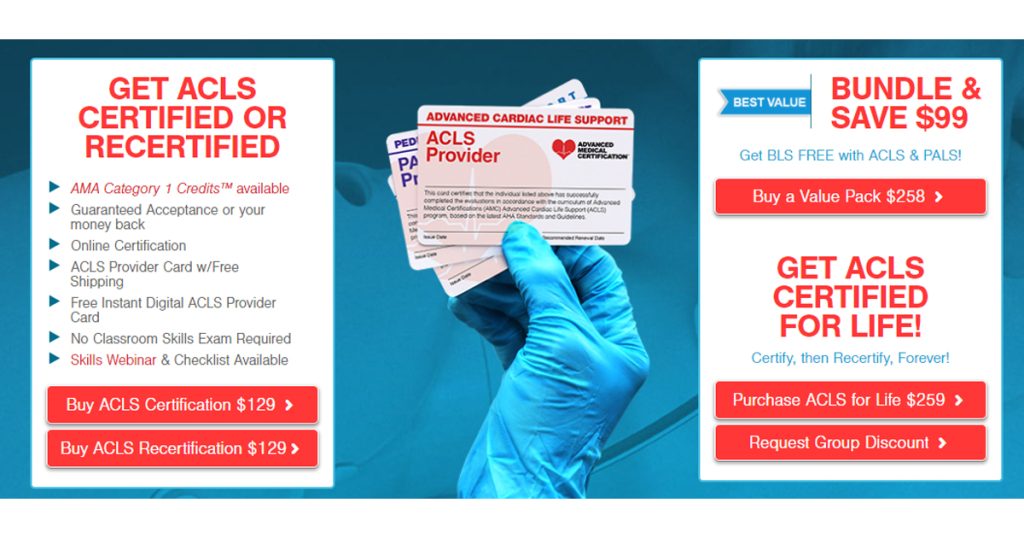Introduction
Renewing your Basic Life Support (BLS) certification is crucial for healthcare professionals to maintain proficiency in life-saving techniques. Whether you’re a nurse, doctor, or medical student, staying current with BLS guidelines ensures you’re prepared to respond effectively in emergencies. This article explores the importance of BLS renewal, the process involved, and why it matters in healthcare settings.
The Importance of BLS Renewal
BLS certification isn’t just a requirement—it’s a commitment to saving lives. As medical practices and guidelines evolve, staying updated through renewal courses ensures that healthcare providers are equipped with the latest protocols. From CPR techniques to defibrillation procedures, BLS renewal reinforces skills that can mean the difference between life and death in critical situations. Hospitals and clinics rely on certified staff to maintain high standards of patient care, making BLS renewal a professional responsibility and ethical imperative.
Process of BLS Renewal
Renewing your BLS certification involves several straightforward steps designed to reinforce your knowledge and skills. Typically, this process begins with finding an accredited BLS renewal course offered by organizations like the American Heart Association or the Red Cross. These courses cover essential topics such as adult and pediatric CPR, AED usage, and choking relief techniques. Participants undergo hands-on training and simulations to practice scenarios encountered in real-life medical emergencies. Upon successful completion of the course and passing a skills evaluation, participants receive their renewed BLS certification, valid for another two years.
Benefits of Regular BLS Renewal
Regular BLS renewal offers numerous benefits beyond compliance. It ensures healthcare providers maintain confidence in their ability to respond effectively to emergencies, reducing hesitation and improving patient outcomes. Updated training also enhances teamwork within medical teams, as all members are aligned with current best practices. Employers recognize the value of staff with current certifications, often prioritizing hiring and promotions for those who invest in ongoing professional development. Ultimately, BLS renewal fosters a culture of preparedness and excellence in healthcare environments, where every second counts.
Conclusion
In conclusion, BLS renewal is not merely a checkbox on a professional to-do list—it’s a commitment to excellence and preparedness in healthcare. By staying updated with the latest protocols and techniques, healthcare professionals uphold their duty to provide safe and effective patient care. From mastering CPR to understanding the nuances of AED usage, BLS renewal courses empower individuals with lifesaving skills that can make a profound difference in critical moments. As you embark on your BLS renewal journey, remember that your dedication to learning and readiness enhances the resilience of healthcare systems and the well-being of those you serve.bls renewal



